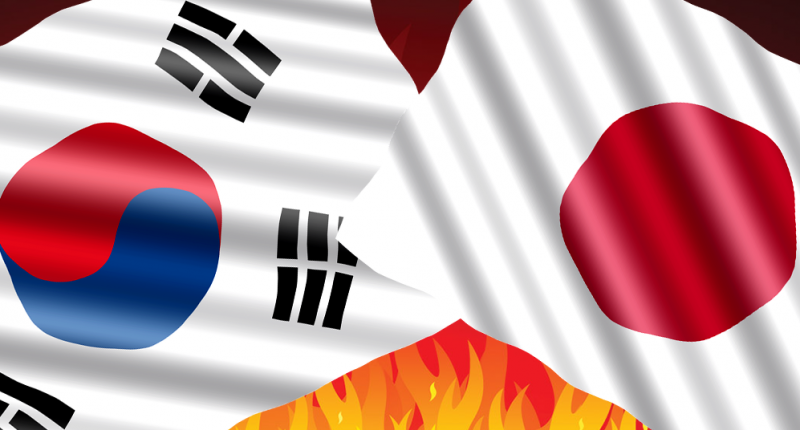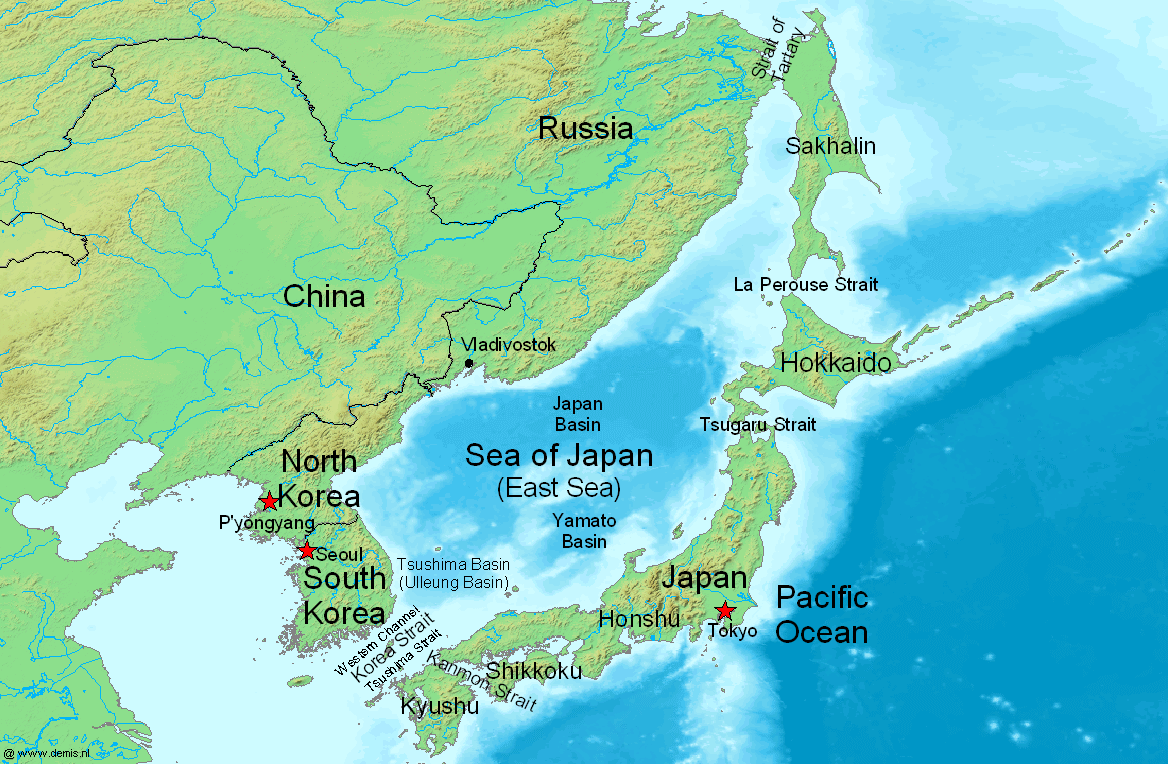A South Korean court this week ordered the Japanese government to pay financial compensation to a number of surviving sex slaves used by the Imperial Japanese forces during World War Two.
It is the latest in a series of legally questionable moves by South Korean authorities in recent years that will only further increase tensions with a Japan that long ago settled all WWII related issues regarding its colonization of the southern half of the peninsula.
According to a news agency in South Korea, the Seoul Central District Court ordered the Japanese government in Tokyo to compensate the former ‘comfort women’ to the tune of US$91,000 apiece.
Legal experts in both nations, however, have several times in recent years pointed to an agreement between the two nations in the mid-1960s effectively settling all such claims as Japan – the former colonial masters of the Korean peninsula between 1910 and 1945 – effectively helped rebuild South Korea.
The document in question is a 1965 treaty signed by both Seoul and Tokyo which served to normalise diplomatic relations between the two countries.
At the time Japan paid South Korea a huge sum which was used by the-then government in Korea to rebuild a nation still reeling from the 1950-1953 Korean War a decade earlier.
The document included reference to any claims between the two nations and their people – with its signing – being “settled completely and finally”.
Reinforcing this move half a century ago, Tokyo and Seoul reached another agreement just five years ago, in 2015, that “finally and irreversibly” settled any issues Korea wanted to raise.
At that time Japan once again apologised to South Korea whilst also putting together a one billion yen fund for any surviving comfort women.
Yet, as has happened so many times over the years, South Korea’s ruling ‘elite‘ has proven itself incapable of respecting bilateral agreements, and is once again looking beyond its borders for a neighbour to financially resolve issues its own leaders choose to keep politicising.
One day the people of South Korea will need to look inwards, and recognise that bitter memories from 75 years ago need to be properly recorded, reflected upon and taught to younger generations without politics playing a part.
The memory of all the victims of this horrendous side of a global war is not best served by their own politicians using them as a means of cheap point-scoring over a regional rival.











Comments are closed.